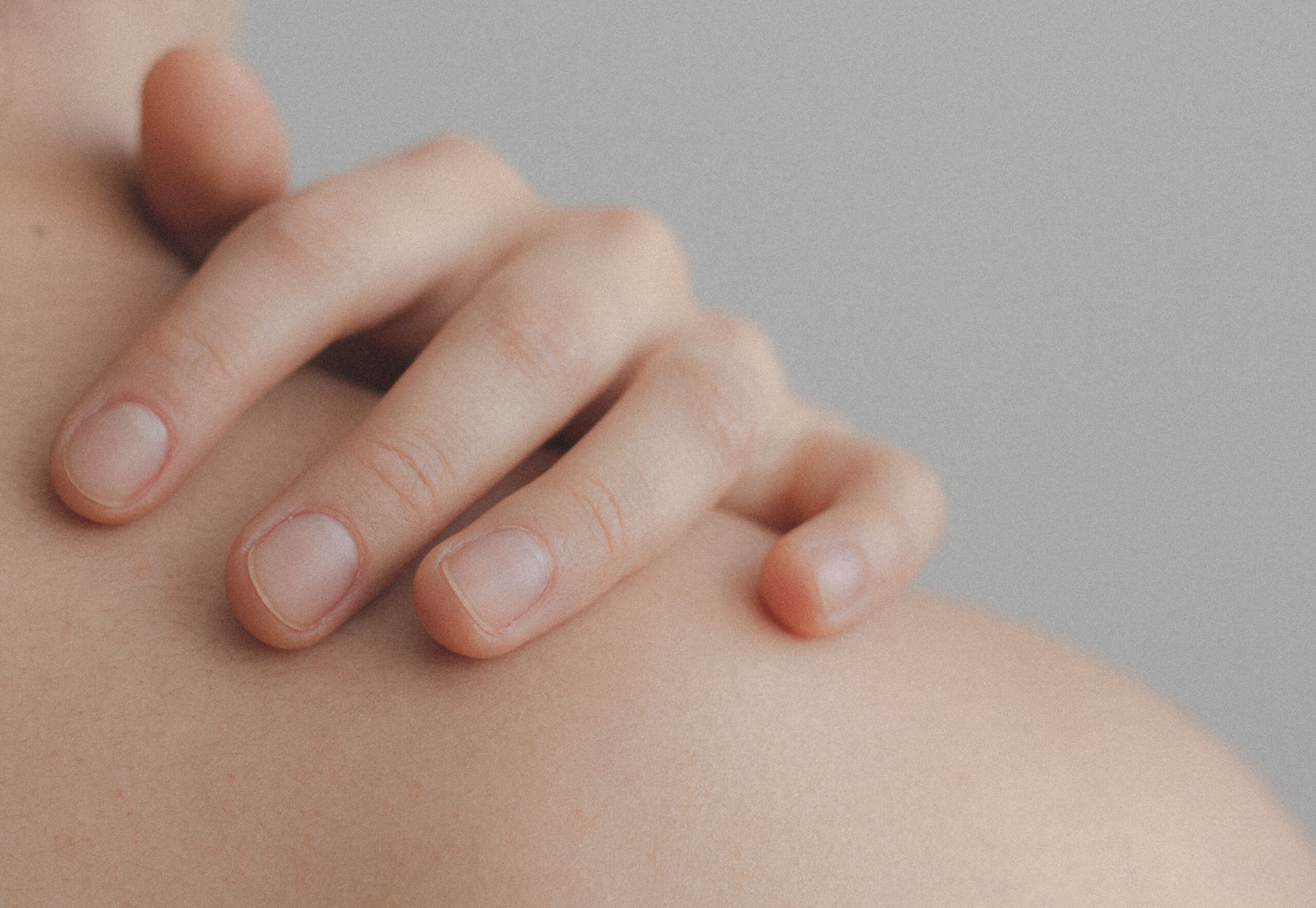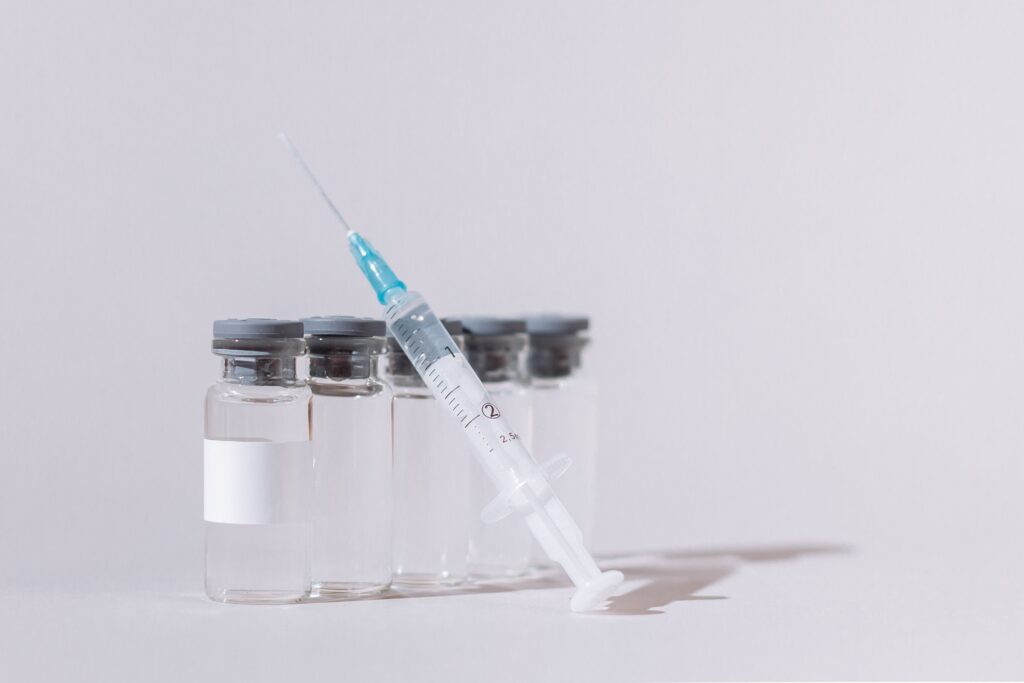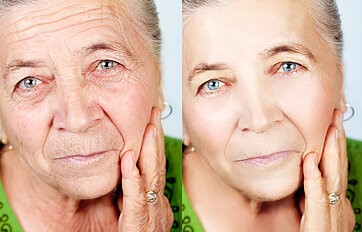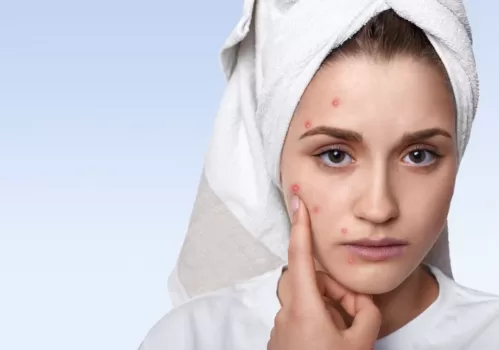Where do warts appear from HPV ( human papillomavirus)?

Warts from HPV are an extremely common STD, with an estimated 75-90% of the sexually active population having at least one genital wart from HPV at some point in their lives. Nearly all sexually active people will become infected with at least one type of human papillomavirus (HPV), the virus that causes genital warts, at some point in their life.
Warts from HPV can have a very small, hard-to-detect appearance and usually look like small skin bumps. Very small. They’re often so tiny whether you can’t see them or not.
Genital HPVs can cause genital warts., and some different strains of HPV can cause cancer. Vaccines are a key tool in preventing HPV.
Table of contents
Symptoms of Warts from HPV
Warts from HPV typically grow on the vulva in females., the many regions of women’s reproductive systems, extending from the clitoris and vulva to the vaginal canal, anal canal, and cervix.
In men, they mainly on the tip of the penis in men, the scrotum, or the anus.
Warts from HPV or genital wart is a condition that can pass to other parts of the body, including the mouth or throat. The one who has had oral sexual contact with an infected person.

Genital warts are not an easy infection to deal with. The signs and symptoms vary significantly. They might present as one or more of the following:
- Small, brown, or pink flesh-colored swellings in your genital area
- A cauliflower-like shape caused by several warts close together
- Itching or discomfort in your genital area
- Bleeding with intercourse
Warts from HPV are usually small and flat and can easily miss them when we are not able to notice them. However, in people with a weakened immune system, genital warts can grow into clusters.
Warts from HPV: When to see a doctor
- You or your partner needs to see a doctor if they develop symptoms such as bumps or warts in the genital area.
- If you observe an abnormal discharge from your vagina or penis, you should speak to a doctor without delay.
- Your partner been diagnosed with genital warts or is having some of the symptoms
- Your child has genital warts
To diagnose warts from HPV, your doctor will take a closer look at warts with manual examination or take a biopsy to confirm the wart’s existence. They may draw a blood sample to test for HIV and syphilis. They may also point you in the direction of an appropriate specialist for more detailed testing depending on the results.
Causes of Warts from HPV
Warts from HPV are usually found in the genital area. More than 40 strains of this common virus affect the region, many of which – such as HPV 6 and 11 – cause warts.
Genital warts can be spread only by sexual contact. Even though your warts won’t visibly be there, they could still spread to your partner.
Risk factors
A Warts from HPV infection occurs in the majority of sexually active individuals at least once in their lives. Some elements that may raise your risk of contracting an infection include:
- Having unprotected sex with multiple partners
- Having had another sexually transmitted infection
- sleeping with someone who you don’t know about their sexual history.
- Becoming sexually active at a young age
- You are immune system may not be at its best, for example, if you have HIV or if you’re taking immunosuppressant drugs.
Complications
HPV infection complications can include:
- Cancer. Cervical cancer is closely related to certain types of HPV like genital warts. Other types of HPV can also lead to cancers in various areas of the body like the genitals, mouth, or throat.
- HPV infection doesn’t always lead to cancer, but women need to have regular Pap tests, particularly those who’ve been infected with higher-risk types of HPV.
- Problems during pregnancy. During pregnancy, warts can occasionally enlarge and may make it difficult to urinate. Warts on the vagina can also inhibit the stretching of vaginal tissues during childbirth. Large warts in the vulva or vagina may bleed if they are pulled during labor.
- It is exceptionally rare for babies born from mothers with genital warts to develop Warts from HPV in the throat. They might need surgery to keep their airway clear.
Prevention of Warts from HPV
Limiting your number of sexual partners and getting the vaccine will help prevent you from catching warts from HPV. Using condoms each time you have sex will reduce, but not eliminate the risk of contracting genital warts.

Vaccination
The Centers for Disease Control and Prevention recommends routine HPV vaccination for girls and boys aged 11-12; although it can be given as early as age 9.
It’s best to get the vaccine before you start having sexual contact.
Vaccination side effects are usually minor, and most people who get the vaccine may experience soreness at the injection site, headaches, a low-grade fever, or flu-like symptoms.
The CDC now recommends that 11- and 12-year-olds receive two doses of the HPV vaccine, with at least six months between them. Children should start the shots at age 11 or 12 before they become sexually active. Previously, it had been recommended that three doses be taken, but the latest scientific findings reveal that two will suffice. Younger adolescents ages 9-10 and teens 13-14 are also eligible for the two-dose method. There is ample research to back up how effective this two-dose schedule is for children aged 15+.
The Centers for Disease Control now recommend catch-up HPV vaccinations for all people through age 26 who aren’t vaccinated.
Conclusion
If you or somebody you know has been diagnosed with warts from HPV, it is extremely important to consider how HPV can spread during sex. This is true even if there are no visible symptoms. There are some complicated issues when it comes to the HPV vaccine. We recommend that you talk to your physician about this issue before you get it.
Products That We Suggest for you
Wartrol- Wart Removal Formula
Wartrol is a topical solution that you can apply directly to areas of your body affected by warts. The FDA-approved ingredients in Wartrol help attack warts directly with a small application to the surface.
To know more and purchase, Click Here
TESTONINE – NATURAL TESTOSTERONE BOOSTER
Testonine is a potent, dual-purpose performance enhancer that boosts your natural testosterone levels to help you gain muscle and improve your physical performance. It’s a safe, natural, and effective approach to gain quality, lean muscle mass faster and perform at your peak every day.
To know more and purchase, Click Here








Comment to this Article
Comments that encourage respectful conversation are welcomed at AGP Health n Beauty. Stay on subject, please. Comments that are aggressively promotional of goods or services or that include personal attacks, vulgar language, or other forms of abuse will be deleted. Which remarks break our comment policy will be decided at our discretion. (Anonymous comments are accepted; just leave out your name in the comment box. Although necessary, your email address won't be posted with your comment.)